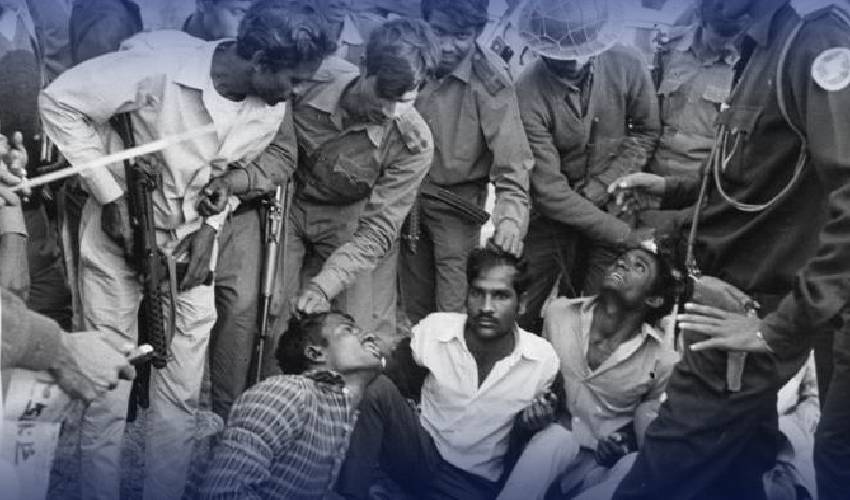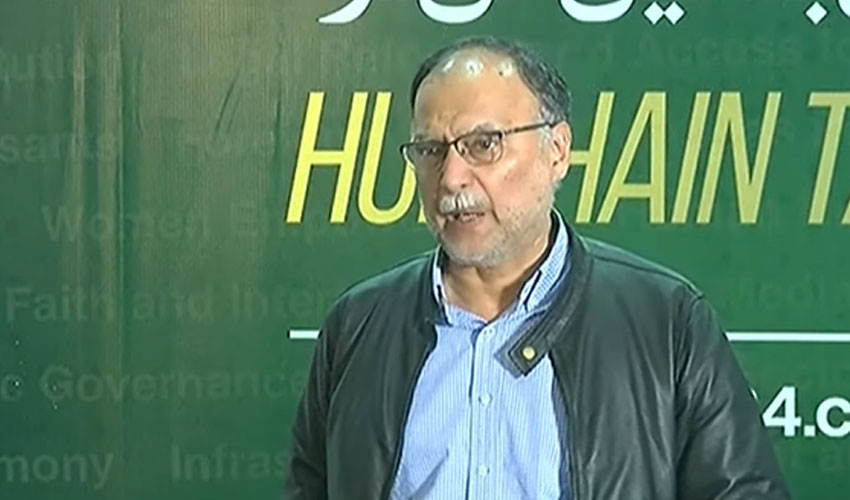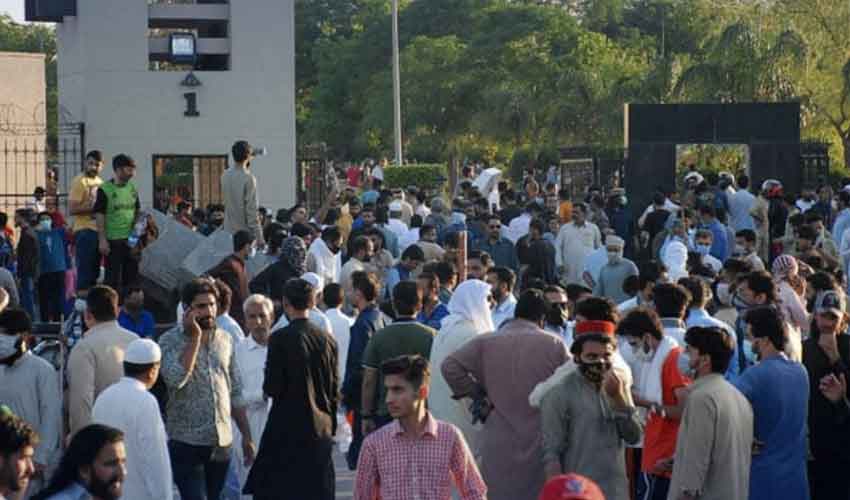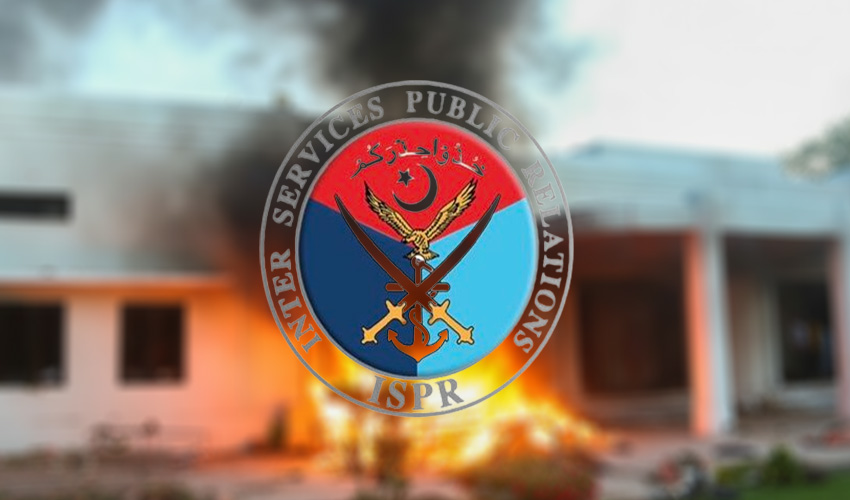A member of the Bihari community, Mohammad Alauddin, has provided a detailed account of the events during the 1971 conflict, highlighting the community's experiences and their support for Pakistani forces during the crisis.
Alauddin describes how Mukti Bahini, a militant organization supported by India, conducted operations throughout the region. In Chittagong, he personally participated in collecting and burying casualties, including recovering bodies from 45 drums, demonstrating the extent of violence during the period.
The Bihari community actively assisted Pakistani military forces, providing shelter when access to certain areas was restricted. Lieutenant General Tikka Khan later recognized their support by recruiting community members into the military, offering them abbreviated three-month training programs.
According to Alauddin's testimony, the situation was complicated by multiple armed groups, including Mukti Bahini, Shanti Bahini, and Lal Bahini, operating alongside Indian forces. Despite facing attacks from multiple directions, the community maintained their allegiance to Pakistan.
Currently, approximately 600,000 to 700,000 members of the Bihari community remain in Bangladesh, continuing to display their loyalty to Pakistan. Alauddin contests Indian narratives about the conflict, stating they do not reflect the actual events on the ground.
The account provides insight into the 1971 conflict's impact on civilian populations, particularly the Bihari community's role and experiences during this pivotal historical period.



























